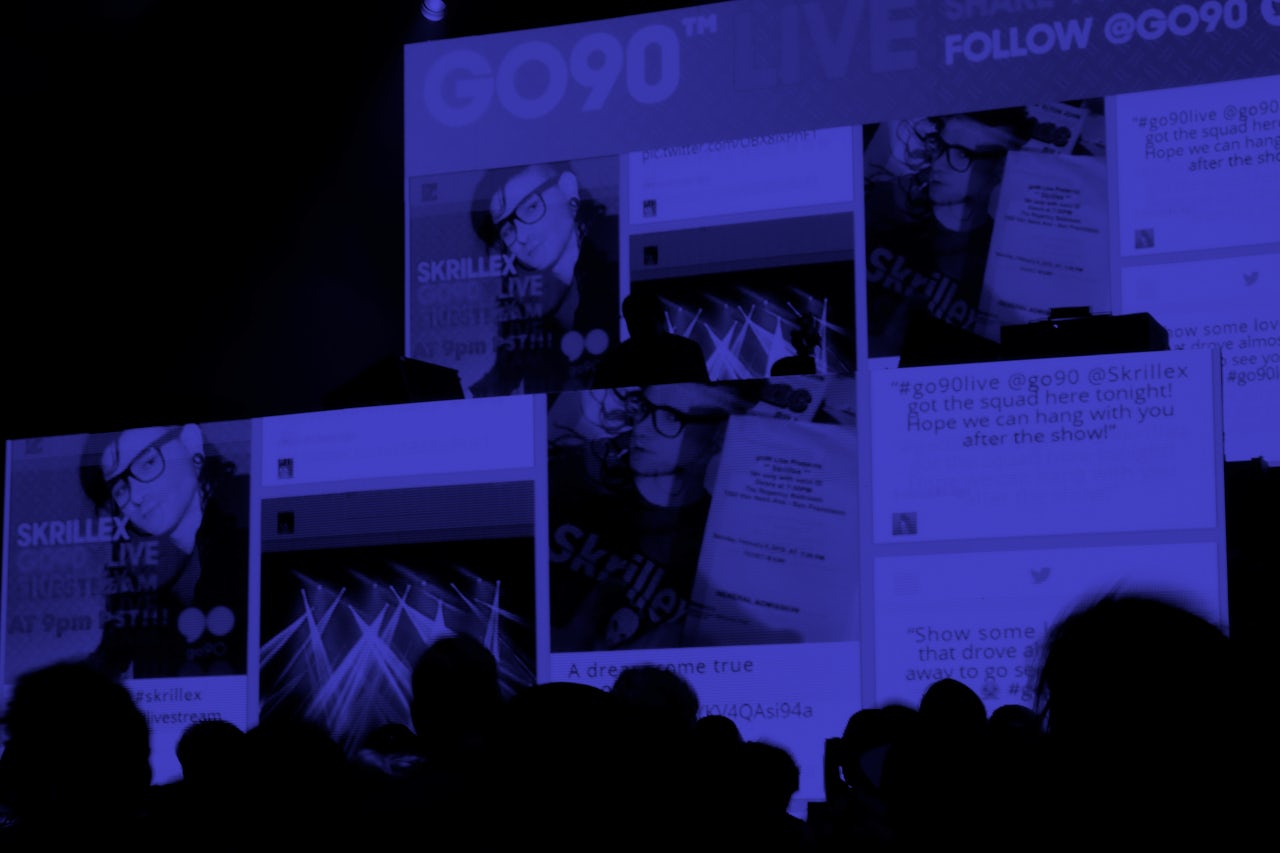In 2015, Verizon launched the mobile video app go90 with the hope of tapping into what everyone believed was a millennial mobile video gold mine. The name “go90” is a reference to turning your phone 90 degrees in order to watch a video — very clever. Verizon spent a seemingly endless amount of money licensing all sorts of random content into the go90 ecosystem, throwing in everything from full-length shows to sports clips and short-form videos from millennial-focused companies like Vice Media.
That’s all about to change. While Verizon never released viewing statistics, the go90 app is reportedly ranked in the 800s of free applications on iTunes. On Tuesday, the company confirmed it is laying off 155 employees as part of a restructuring of the app.
“Our focus with go90 and our Verizon digital media efforts are to fulfill our strategy of leveraging Verizon content investments, enhancing user experience and strengthening our advertising infrastructure,” Verizon said in a statement. “Fulfilling this strategy has resulted in some duplicative resources and has required organizational changes impacting 155 employees as we consolidate offices in Los Angeles, San Jose, and New York."
There is plenty to be said about this corporate obsession with millennial eyeballs. Most notably how removed from reality it is.
In February 2015, after laying off a reported 150 employees, AOL CEO Tim Armstrong told his staff that the new “lean” AOL would focus much of its effort on programmatic video advertising — technology that allows for the targeting and acquisition of pre-roll ads to happen automatically. “This is the first time at scale that machines will be used, not just in terms of targeting, but used in the industry to make buying advertising more simpler and scalable,” Armstrong said at AOL’s “Programmatic Upfront.”
Not two years later, programmatic video ads are the scourge of the web. They’ve created a monstrous appetite for cheap video that autoplays everywhere, leading to notoriously bad user experiences. Russian hackers were able to scam $180 million out of them last year.
Elsewhere in corporate fantasies of millennial video dollars, Facebook, which not long ago was seen as the future of online video, admitted that the number of views was found to be wildly inflated. Meanwhile, publishers flocking to Snapchat in the hopes that teens will want to look at infographics are finding out that, surprise, they don’t.
Verizon’s new millennial video depository, Vessel, which it acquired last year, will be rebuilding the go90 platform, so you can go ahead and continue not watching that, too.
Update: An earlier version of this article incorrectly stated the location of the layoffs as San Diego. The majority of the layoffs happened at the company's San Jose offices.

